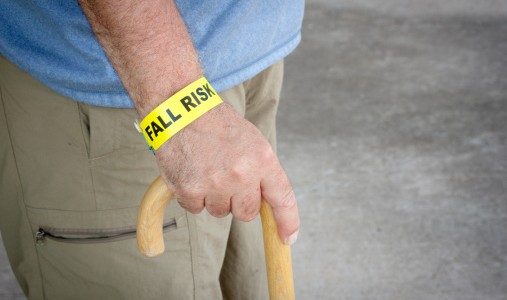• Assess your home to identify fall hazards and make the necessary changes to prevent them.
• Ask your physician or pharmacist about the effects of the prescription and non-prescription medications you are taking. Some medications can cause dizziness or light-headedness that can lead to falls. As people age, the effects of medications may change.
• Be sure to have your eyes checked every year. Vision problems can cause falls.
• Check with your physician about the physical activity and exercise appropriate for you. Stay as physically active as you can. Exercise helps to prevent falls, especially activities that enhance balance and coordination.
• Be careful in choosing shoes as they can cause you to trip. The soles should be non-slip and not too thick.
You do not want to fall and risk an injury. Most serious falls occur in and around the home, and can be life-changing. To help maintain your independence, it’s important to understand ways you can protect yourself from falls. Some simple precautions can ensure safety and reduce your risk of falling at home.
Have you had a comprehensive home safety assessment of your home?

